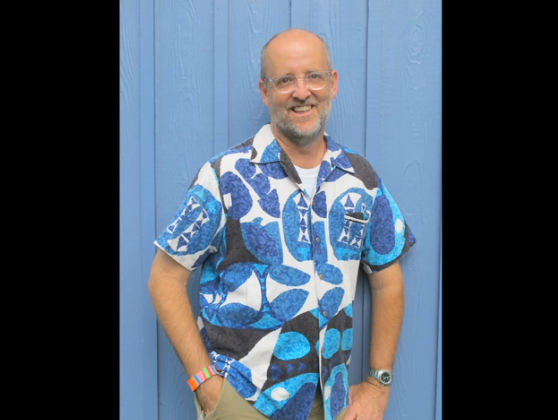I%u2019m Tony Early, a writer from Rutherford, North Carolina. I%u2019m going to read a passage from my novel, %u201CJim the Boy.%u201D
They passed through Shelby an hour after leaving home. For Jim, it was the point in the east beyond which lay new worlds. He had visited the town twice before, and again found it superior in every way. Unlike Aliceville, Shelby had wide, paved streets; big, painted houses with green lawns watched over them from beneath the cool shade of old trees. Downtown, Jim was surprised to see many of the stores still open for business, even as darkness approached. As they circled the courthouse, he briefly glimpsed, through an open door, the polished counter of a soda shop. Jim could no more imagine sitting inside a soda shop than in the house of a king, and did not ask Uncle Al to stop.
As they headed again into the red-hilled, open country, they passed a sign pointing the way to Charlotte. Uncle Zeno had taken Mama there one Saturday before she married Jim%u2019s father. She had bought her wedding dress in a department store. She had ridden elevators. She had almost been run down by a streetcar, which clanged past with blue electricity spitting and sparking from the wires overhead. Jim had heard the story about Mama%u2019s trip to Charlotte all his life.
He leaned over so the warm wind whistling in through the open window blew directly into his face. When he closed one eye, the black line along the edge of the state highway disappeared into the front fender of the truck, as if the tire inside were coiling it up like a rope. When he stuck his head out of the window and looked back, he saw the line unrolling neatly behind them, marking the way they had come. They would be able to find their way home.
Small, well-tended farms, much like the ones Jim had grown up among, sat along both sides of the highway like strangers whose faces seem familiar. The farmhouses were unpainted, and sat up off the ground on red brick pillars. At the back of each house, a dim kerosene glow lit a single window. Black strings of cooking smoke uncoiled from the chimneys and disappeared into the dusky sky. Jim knew that the people who lived inside those houses were sitting down to supper and talking about the day. They worked in the cotton fields through which Jim and Uncle Al traveled. Jim studied the farms carefully; each served as last outpost along a moving frontier.
Two thoughts came to Jim at once, joined by a thread of amazement: the thought, People live here, and he thought, They don%u2019t know who I am. At that moment the world opened up around Jim like hands that, until that moment, had been cupped around him; he felt very small, almost invisible, in the open air of their center, but knew that the hands would not let him go. It was almost like flying. The expansion strips in the road bumped under the wheels of the truck in rhythm that said, %u201CChar-Lotte, Char-Lotte, Char-Lotte.%u201D The wind was rich and fragrant, familiar with the smells of dirt and fertilizer and mules, although they were a long way from the place Jim had naturally considered the source of those smells. He heard himself say out loud, %u201CIt tastes good,%u201D but Uncle Al apparently did not hear him. By the time they reached Kings Mountain, Jim was asleep.
The fierce clacking of a textile mill outside Gastonia briefly roused Jim from his slumber. The mill was three stories high, and longer than a train; the whole town of Aliceville could have fit easily inside its brick walls. It sat on the far side of an ominous, still pond, whose water disappeared without warning over the tall side of a dam. The blazing windows of the mill were reflected with alarming clarity in the pond%u2019s black water. The noise of the machines was frightening, even above the comforting grumble of the truck. Jim lay down and put his head in Uncle Al%u2019s lap. %u201CI don%u2019t want to go in there,%u201D he said.
%u201CI hope you don%u2019t ever have to,%u201D said Uncle Al.



![img_2101[1] img_2101[1]](https://earlscruggscenter.org/wp-content/uploads/2025/04/img_21011-150x150.jpg)